Home / Home / UN Security Council to Hold Emergency Closed-Door Consultations Today on Rising India-Pakistan Tensions Following Islamabad's Request
UN Security Council to Hold Emergency Closed-Door Consultations Today on Rising India-Pakistan Tensions Following Islamabad's Request
By: My India Times
6 minutes read 96Updated At: 2025-05-05

May 5, 2025 — The United Nations Security Council (UNSC) is set to convene behind closed doors today to hold critical consultations on the intensifying situation between India and Pakistan. This development comes after Pakistan submitted an urgent request for the Council to address what it describes as a rapidly deteriorating regional security environment.
The closed consultations, scheduled for Monday, will bring together all 15 member states of the Council in a private session. Such meetings are often held when matters of sensitive diplomatic or national security importance are involved. The session will not be open to the press or public, and no immediate formal statement is expected following the deliberations.
Pakistan Seeks International Attention
The move was initiated by Pakistan in the wake of escalating rhetoric and recent cross-border incidents along the Line of Control (LoC) in the disputed Jammu and Kashmir region. Islamabad contends that the current security climate warrants immediate attention from the international community, especially the UN's top body charged with maintaining global peace and security.
In a formal communication addressed to the President of the Security Council, Pakistan's Ambassador to the UN underscored the "urgent and serious nature" of the developments. The letter reportedly accuses India of engaging in aggressive military posturing and violating international norms, claiming that civilian areas in Pakistan-administered Kashmir have come under shelling and surveillance.
While the specific incidents prompting the emergency request remain undisclosed, Pakistani officials have referred to "a pattern of provocation" by Indian forces and alleged human rights violations in Kashmir. Islamabad has urged the Security Council to intervene diplomatically to de-escalate tensions and push for a renewed commitment to peace dialogues between the two nuclear-armed nations.
India’s Response: Strong Rejection of Allegations
In response, Indian representatives at the United Nations have strongly pushed back against Pakistan’s allegations, characterizing them as “baseless” and “politically motivated.” India maintains that its actions in Kashmir are strictly defensive in nature and designed to counter the threat of cross-border terrorism originating from Pakistani soil.
India is not a current member of the UNSC but has been engaged through informal diplomatic channels to respond to Pakistan’s claims. A senior Indian official in New York emphasized that “there is no justification for bringing bilateral matters to the UN,” reiterating India’s long-held position that the Kashmir dispute must be resolved bilaterally, without external mediation.
The Indian government has also voiced concern over what it describes as Pakistan’s continued harboring of terrorist elements, including groups responsible for attacks on Indian forces and civilians. Delhi argues that Islamabad’s UN maneuver is intended to distract from its own internal issues and international scrutiny over terrorism financing and human rights abuses.
The Context: History of Conflict and Recent Developments
The India-Pakistan relationship has been marked by deep-rooted hostility and three wars, two of which were directly over Kashmir. Although ceasefire agreements have been intermittently observed since 2003, flare-ups remain common, particularly along the LoC.
In recent months, sporadic exchanges of fire and increased troop mobilization on both sides of the border have raised concerns of a potential escalation. Intelligence reports from regional sources suggest a spike in militant infiltration attempts into Indian-administered Kashmir, which India attributes to Pakistan-backed insurgent networks.
Additionally, the internal political climate in both countries is contributing to heightened tensions. India’s ongoing counter-insurgency operations in Kashmir have sparked unrest, while Pakistan’s recent political instability has left its civilian and military leadership under pressure to project strength on the international stage.
What the UNSC Can Do
The United Nations Security Council has the authority to issue resolutions, impose sanctions, or authorize peacekeeping missions. However, in practice, the Council often finds itself limited in its ability to influence bilateral disputes involving nuclear powers, especially when permanent members hold differing geopolitical interests.
In the case of India and Pakistan, the Security Council has historically adopted a cautious approach. While resolutions in the late 1940s called for a plebiscite in Kashmir, more recent decades have seen the issue fall to the margins of the UN agenda. The Council rarely discusses Kashmir openly unless requested by one of the parties, and even then, no binding resolution has emerged.
Today’s closed-door consultations are likely to result in a summary by the Council president or a “press elements” note, but expectations of a formal resolution are low. The primary goal appears to be information-sharing and reaffirmation of diplomatic engagement to prevent any accidental escalation between the two nations.
Global Reactions
International observers and diplomatic missions have expressed concern over the rising tensions and the potential for miscalculation. The United States, United Kingdom, and European Union have all called for restraint and dialogue between India and Pakistan.
A U.S. State Department spokesperson said on Sunday, “We urge both sides to avoid provocative actions and maintain open channels of communication to prevent conflict.” China, a permanent member of the Security Council and an ally of Pakistan, is expected to support calls for de-escalation while likely backing Pakistan’s request for greater international attention to Kashmir.
Russia, traditionally closer to India, has also called for calm and stressed the need for both parties to resolve differences through direct dialogue.
Humanitarian and Civilian Concerns
As tensions mount, humanitarian agencies working in Kashmir have raised alarms about the risk to civilians in the border areas. Several families have reportedly fled their homes in Pakistani-administered regions due to fears of shelling.
Human Rights Watch and Amnesty International have issued statements urging both governments to ensure civilian protection and respect for human rights under international law. These concerns are likely to be referenced during the UNSC consultations, although such issues often take a backseat to broader security discussions.
Looking Ahead
While today’s consultations may not yield any groundbreaking decisions, they reflect a renewed international focus on a long-simmering conflict. The mere fact that the issue has reached the Security Council suggests that geopolitical nerves are being tested, and that any further escalation could have wide-ranging implications for regional and global stability.
Both India and Pakistan have nuclear capabilities, making even minor military confrontations potentially catastrophic. As such, international actors will likely push for de-escalation, backchannel diplomacy, and possibly even third-party mediation, despite India’s longstanding opposition to outside interference.
For now, all eyes are on the outcome of the closed-door session and whether it marks the beginning of a diplomatic breakthrough — or simply another chapter in the complex saga of Indo-Pakistani relations.
....May 5, 2025 — The United Nations Security Council (UNSC) is set to convene behind closed doors today to hold critical consultations on the intensifying situation between India and Pakistan. This development comes after Pakistan submitted an urgent request for the Council to address what it describes as a rapidly deteriorating regional security environment.
The closed consultations, scheduled for Monday, will bring together all 15 member states of the Council in a private session. Such meetings are often held when matters of sensitive diplomatic or national security importance are involved. The session will not be open to the press or public, and no immediate formal statement is expected following the deliberations.
Pakistan Seeks International Attention
The move was initiated by Pakistan in the wake of escalating rhetoric and recent cross-border incidents along the Line of Control (LoC) in the disputed Jammu and Kashmir region. Islamabad contends that the current security climate warrants immediate attention from the international community, especially the UN's top body charged with maintaining global peace and security.
In a formal communication addressed to the President of the Security Council, Pakistan's Ambassador to the UN underscored the "urgent and serious nature" of the developments. The letter reportedly accuses India of engaging in aggressive military posturing and violating international norms, claiming that civilian areas in Pakistan-administered Kashmir have come under shelling and surveillance.
While the specific incidents prompting the emergency request remain undisclosed, Pakistani officials have referred to "a pattern of provocation" by Indian forces and alleged human rights violations in Kashmir. Islamabad has urged the Security Council to intervene diplomatically to de-escalate tensions and push for a renewed commitment to peace dialogues between the two nuclear-armed nations.
India’s Response: Strong Rejection of Allegations
In response, Indian representatives at the United Nations have strongly pushed back against Pakistan’s allegations, characterizing them as “baseless” and “politically motivated.” India maintains that its actions in Kashmir are strictly defensive in nature and designed to counter the threat of cross-border terrorism originating from Pakistani soil.
India is not a current member of the UNSC but has been engaged through informal diplomatic channels to respond to Pakistan’s claims. A senior Indian official in New York emphasized that “there is no justification for bringing bilateral matters to the UN,” reiterating India’s long-held position that the Kashmir dispute must be resolved bilaterally, without external mediation.
The Indian government has also voiced concern over what it describes as Pakistan’s continued harboring of terrorist elements, including groups responsible for attacks on Indian forces and civilians. Delhi argues that Islamabad’s UN maneuver is intended to distract from its own internal issues and international scrutiny over terrorism financing and human rights abuses.
The Context: History of Conflict and Recent Developments
The India-Pakistan relationship has been marked by deep-rooted hostility and three wars, two of which were directly over Kashmir. Although ceasefire agreements have been intermittently observed since 2003, flare-ups remain common, particularly along the LoC.
In recent months, sporadic exchanges of fire and increased troop mobilization on both sides of the border have raised concerns of a potential escalation. Intelligence reports from regional sources suggest a spike in militant infiltration attempts into Indian-administered Kashmir, which India attributes to Pakistan-backed insurgent networks.
Additionally, the internal political climate in both countries is contributing to heightened tensions. India’s ongoing counter-insurgency operations in Kashmir have sparked unrest, while Pakistan’s recent political instability has left its civilian and military leadership under pressure to project strength on the international stage.
What the UNSC Can Do
The United Nations Security Council has the authority to issue resolutions, impose sanctions, or authorize peacekeeping missions. However, in practice, the Council often finds itself limited in its ability to influence bilateral disputes involving nuclear powers, especially when permanent members hold differing geopolitical interests.
In the case of India and Pakistan, the Security Council has historically adopted a cautious approach. While resolutions in the late 1940s called for a plebiscite in Kashmir, more recent decades have seen the issue fall to the margins of the UN agenda. The Council rarely discusses Kashmir openly unless requested by one of the parties, and even then, no binding resolution has emerged.
Today’s closed-door consultations are likely to result in a summary by the Council president or a “press elements” note, but expectations of a formal resolution are low. The primary goal appears to be information-sharing and reaffirmation of diplomatic engagement to prevent any accidental escalation between the two nations.
Global Reactions
International observers and diplomatic missions have expressed concern over the rising tensions and the potential for miscalculation. The United States, United Kingdom, and European Union have all called for restraint and dialogue between India and Pakistan.
A U.S. State Department spokesperson said on Sunday, “We urge both sides to avoid provocative actions and maintain open channels of communication to prevent conflict.” China, a permanent member of the Security Council and an ally of Pakistan, is expected to support calls for de-escalation while likely backing Pakistan’s request for greater international attention to Kashmir.
Russia, traditionally closer to India, has also called for calm and stressed the need for both parties to resolve differences through direct dialogue.
Humanitarian and Civilian Concerns
As tensions mount, humanitarian agencies working in Kashmir have raised alarms about the risk to civilians in the border areas. Several families have reportedly fled their homes in Pakistani-administered regions due to fears of shelling.
Human Rights Watch and Amnesty International have issued statements urging both governments to ensure civilian protection and respect for human rights under international law. These concerns are likely to be referenced during the UNSC consultations, although such issues often take a backseat to broader security discussions.
Looking Ahead
While today’s consultations may not yield any groundbreaking decisions, they reflect a renewed international focus on a long-simmering conflict. The mere fact that the issue has reached the Security Council suggests that geopolitical nerves are being tested, and that any further escalation could have wide-ranging implications for regional and global stability.
Both India and Pakistan have nuclear capabilities, making even minor military confrontations potentially catastrophic. As such, international actors will likely push for de-escalation, backchannel diplomacy, and possibly even third-party mediation, despite India’s longstanding opposition to outside interference.
For now, all eyes are on the outcome of the closed-door session and whether it marks the beginning of a diplomatic breakthrough — or simply another chapter in the complex saga of Indo-Pakistani relations.
By: My India Times
Updated At: 2025-05-05
Tags: Home News | My India Times News | Trending News | Travel News
Join our WhatsApp Channel

Similiar News
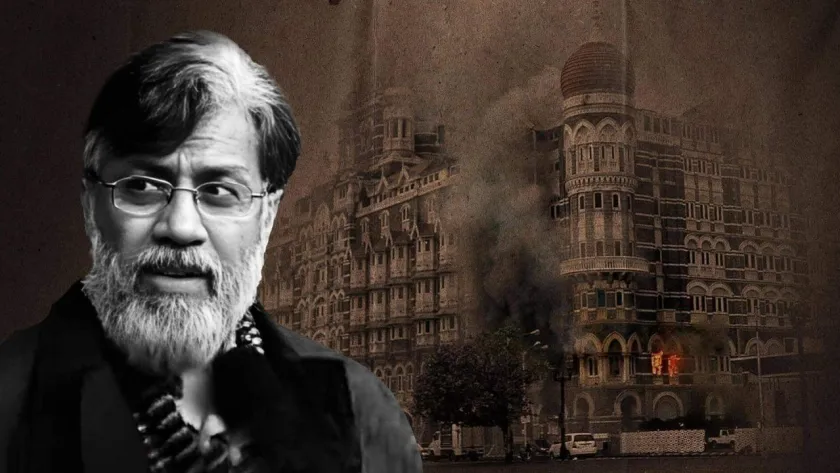
US Supreme Court Rejects 26/11 Accused Tahawwur Rana’s Plea to Block Extradition to India
2025-03-08



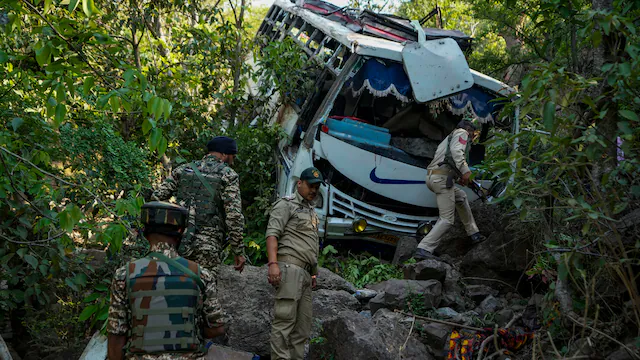



















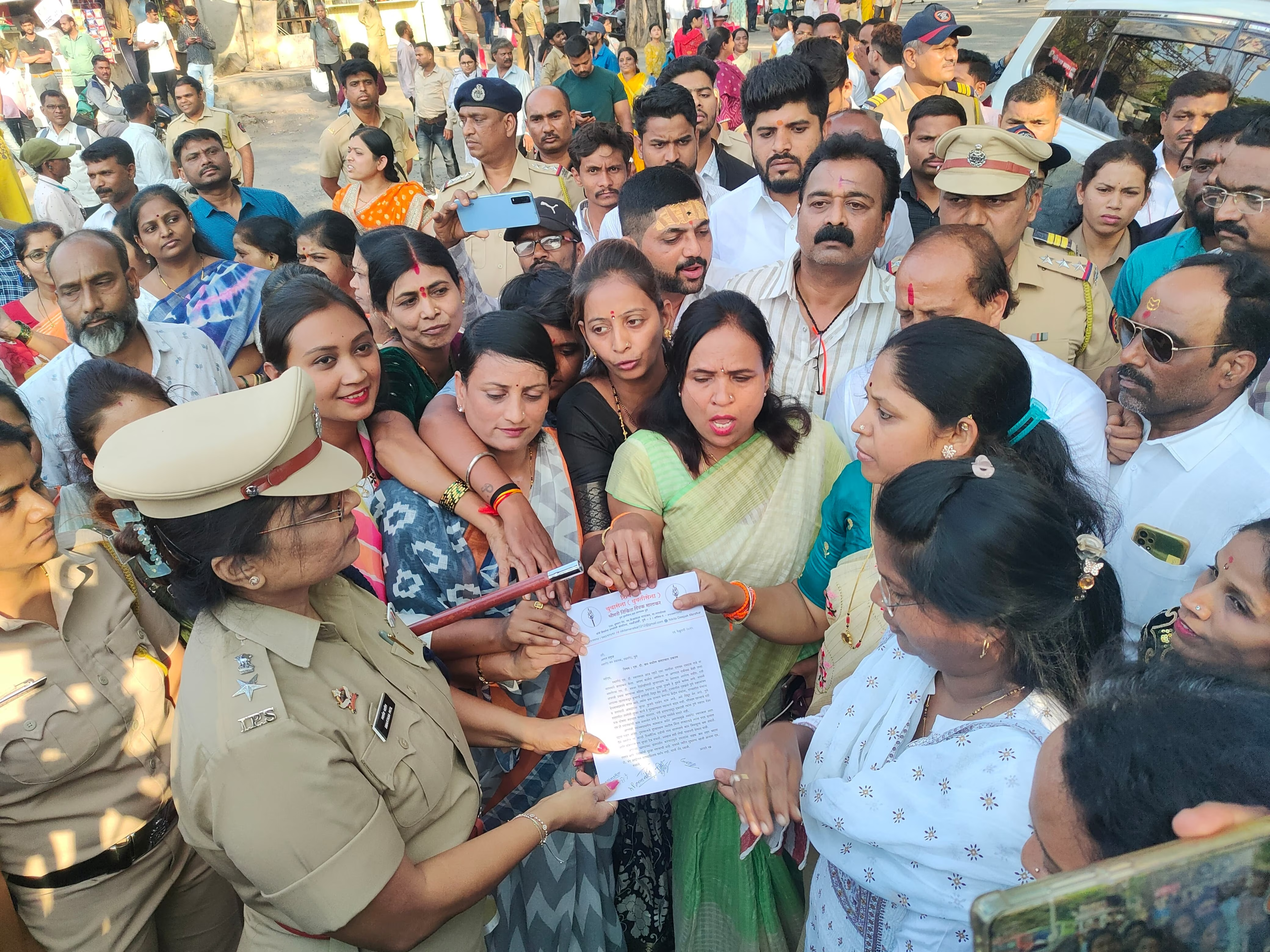

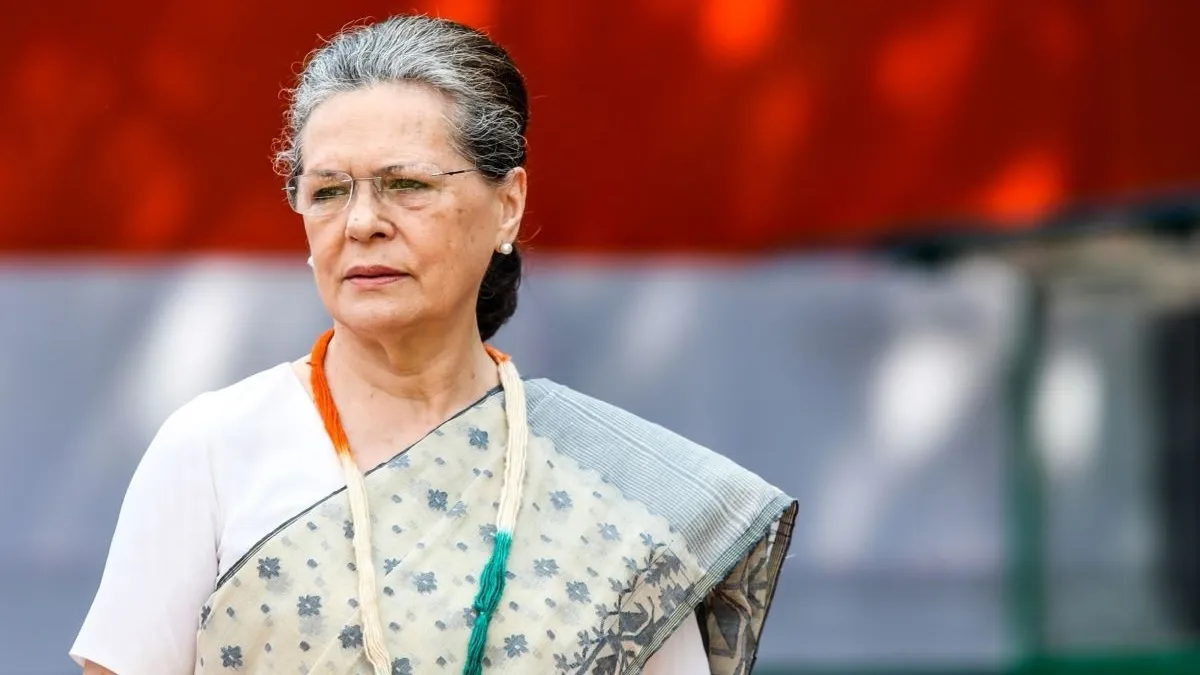
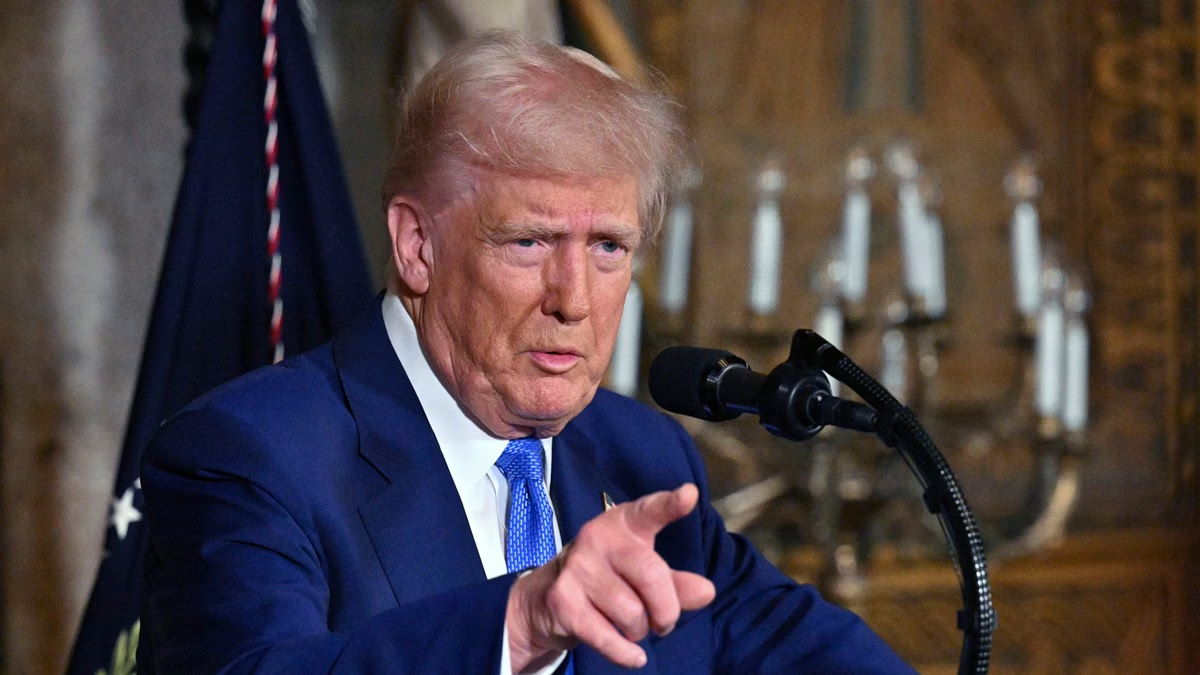
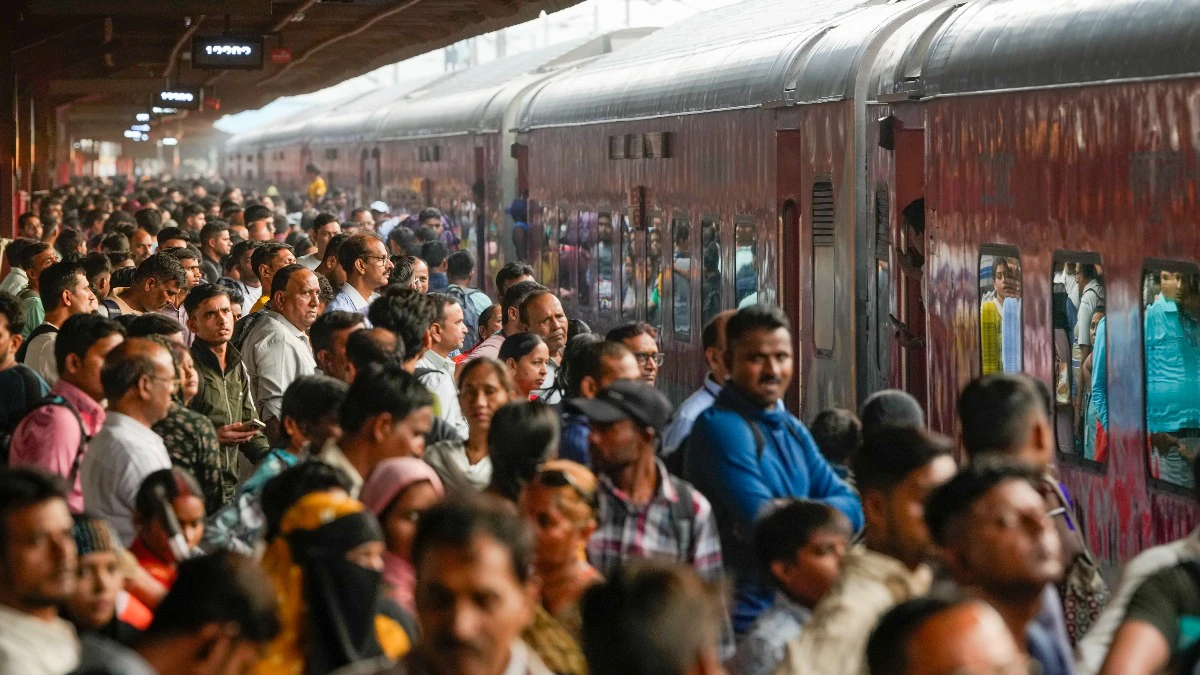









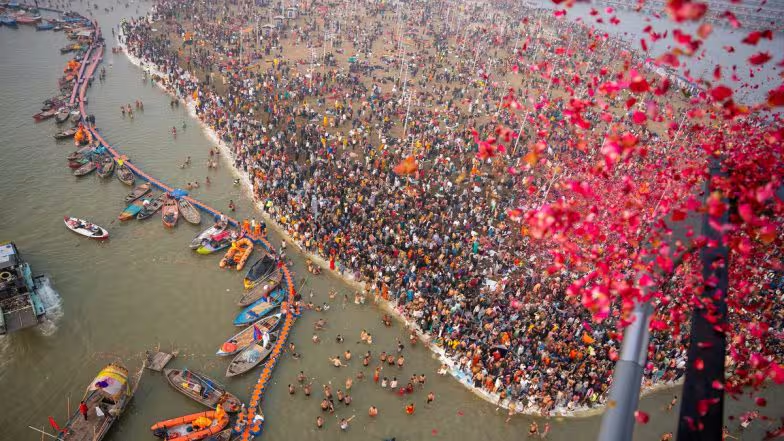


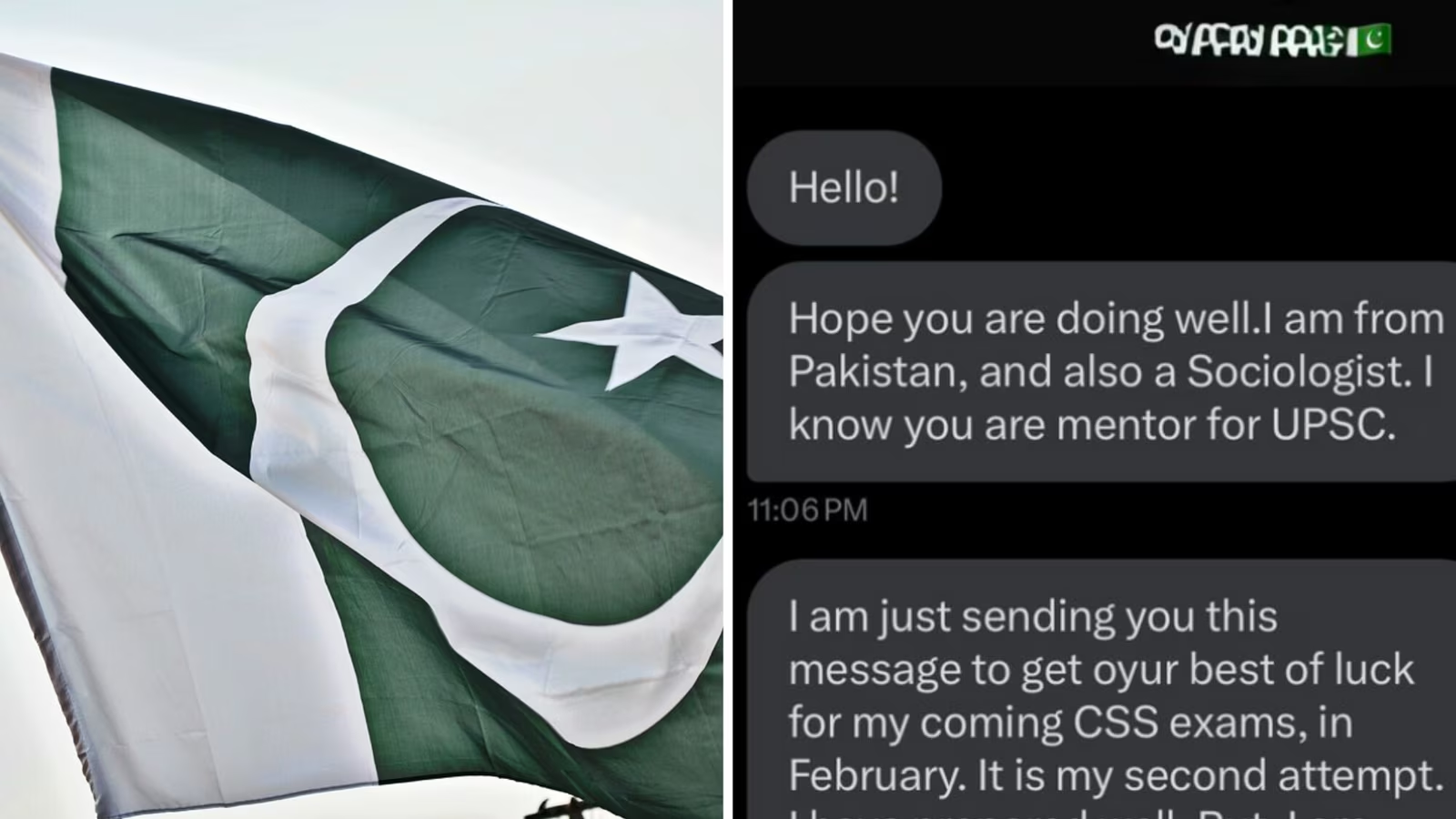
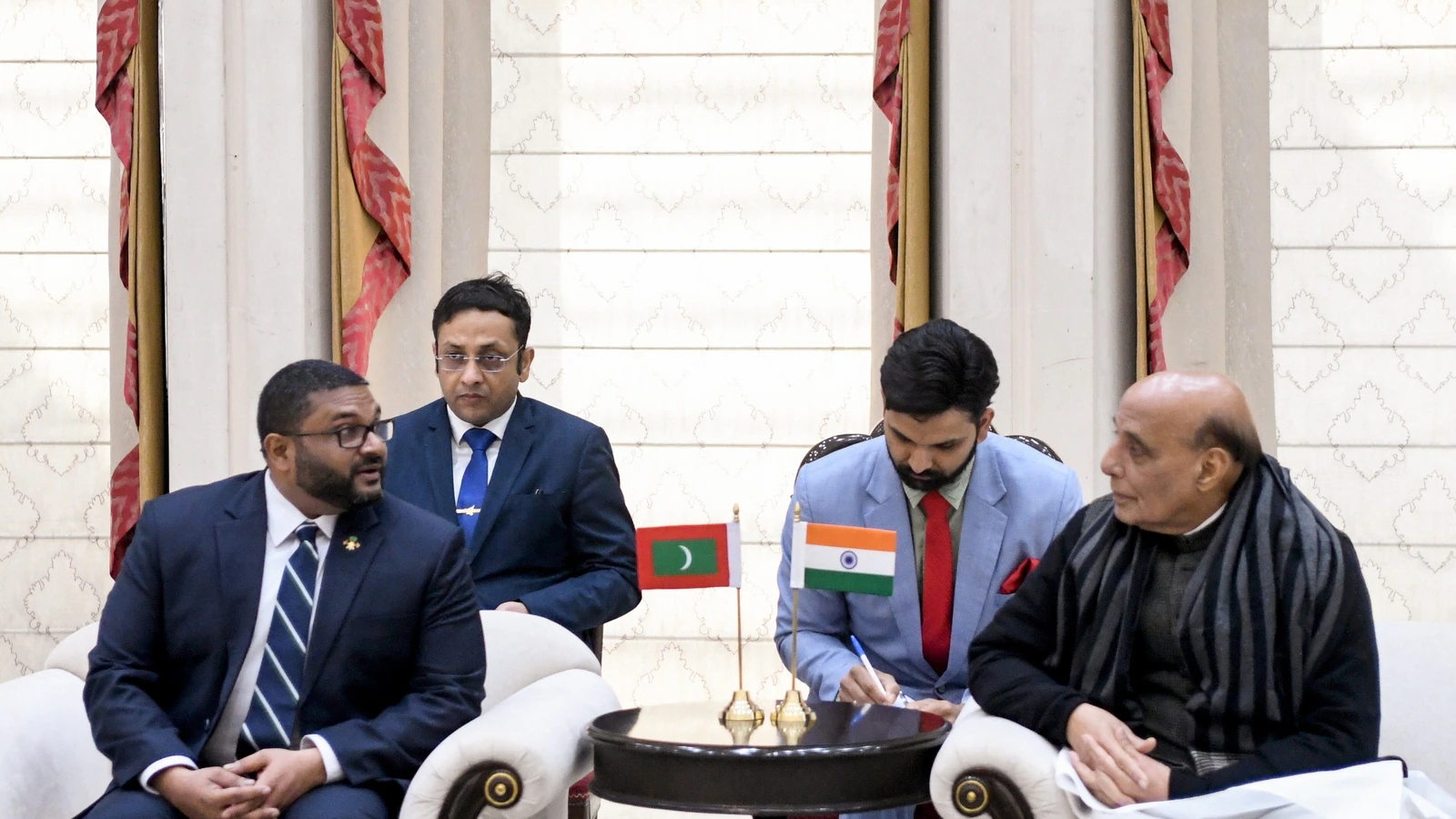

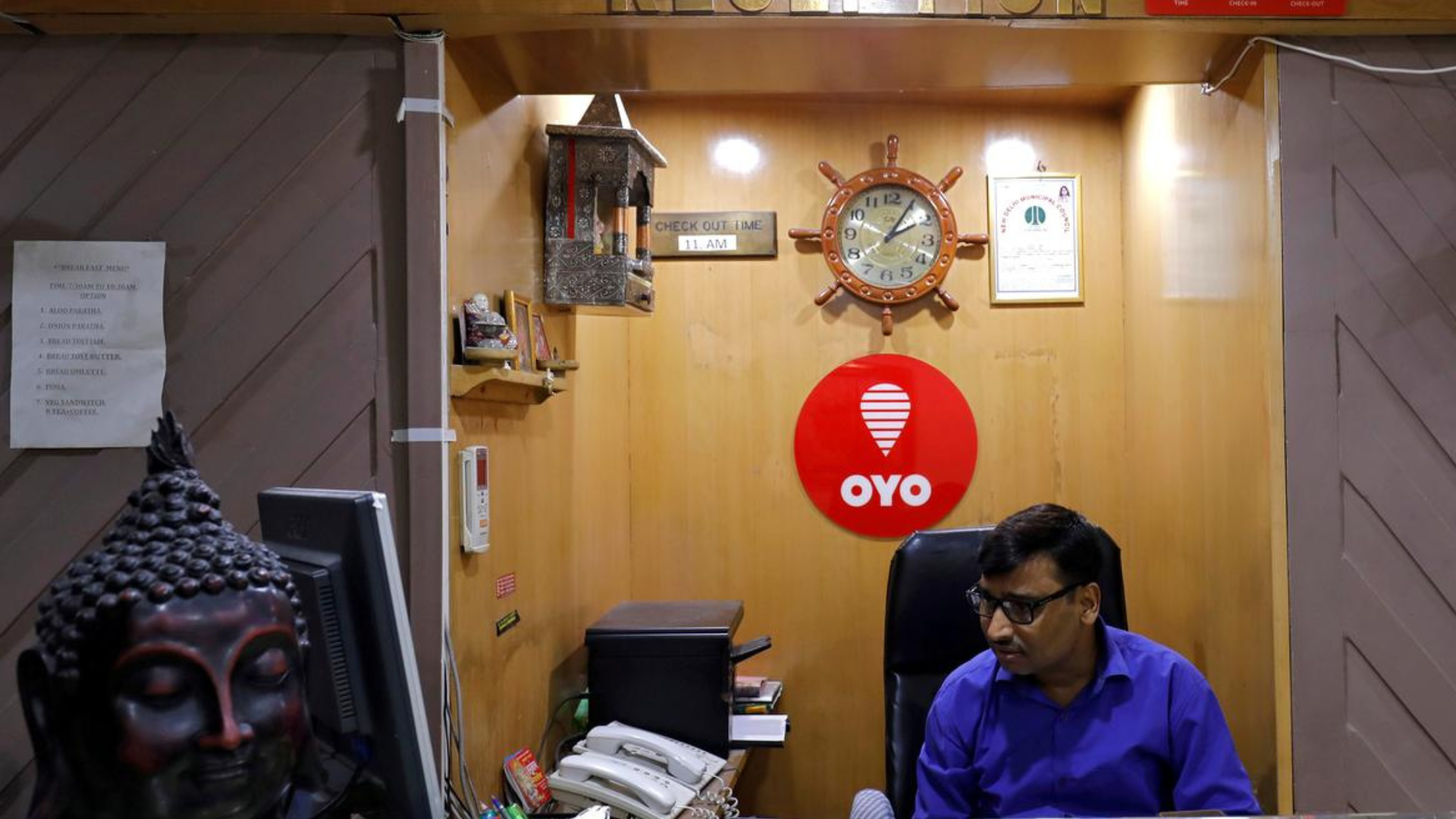
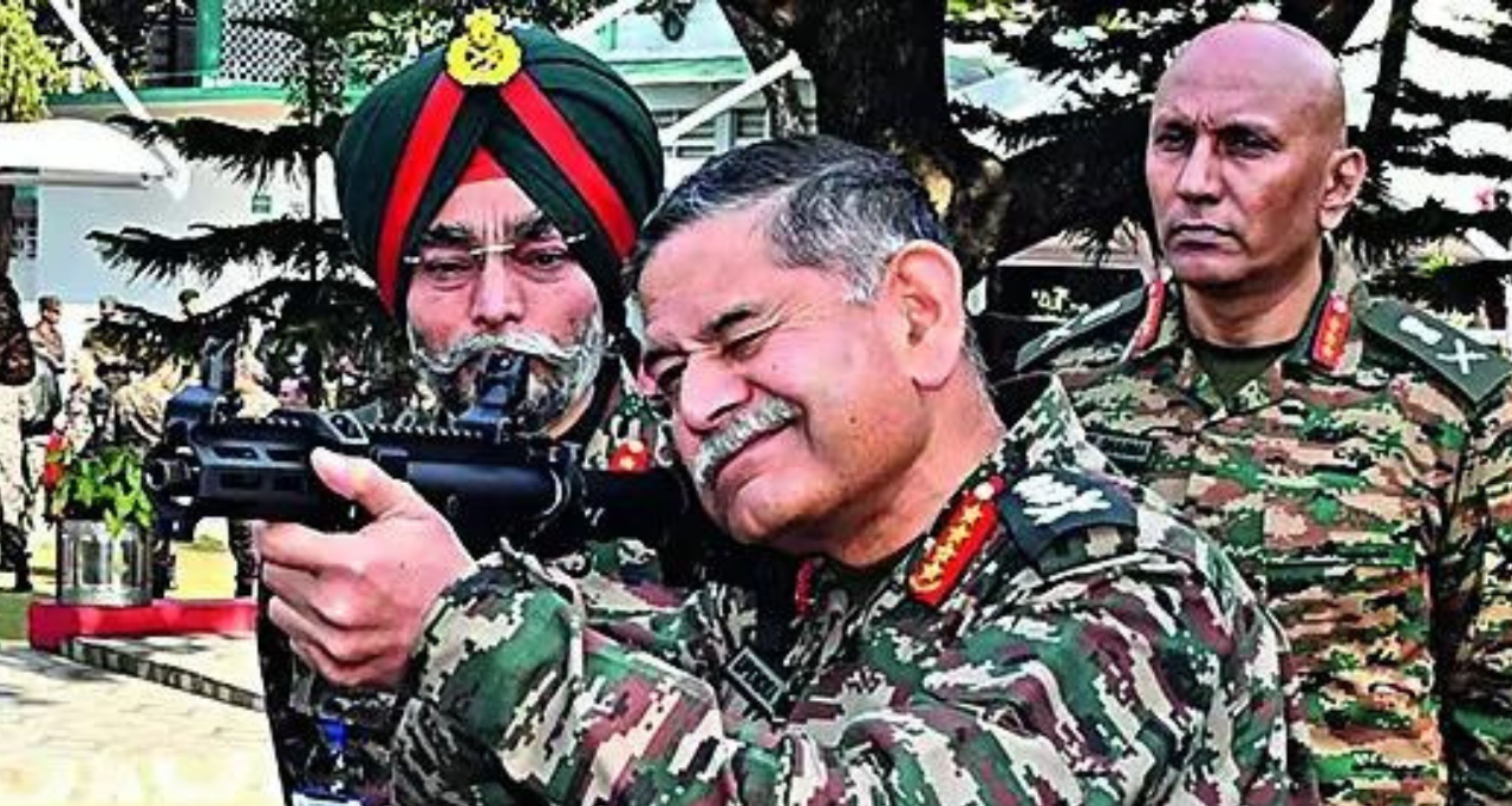
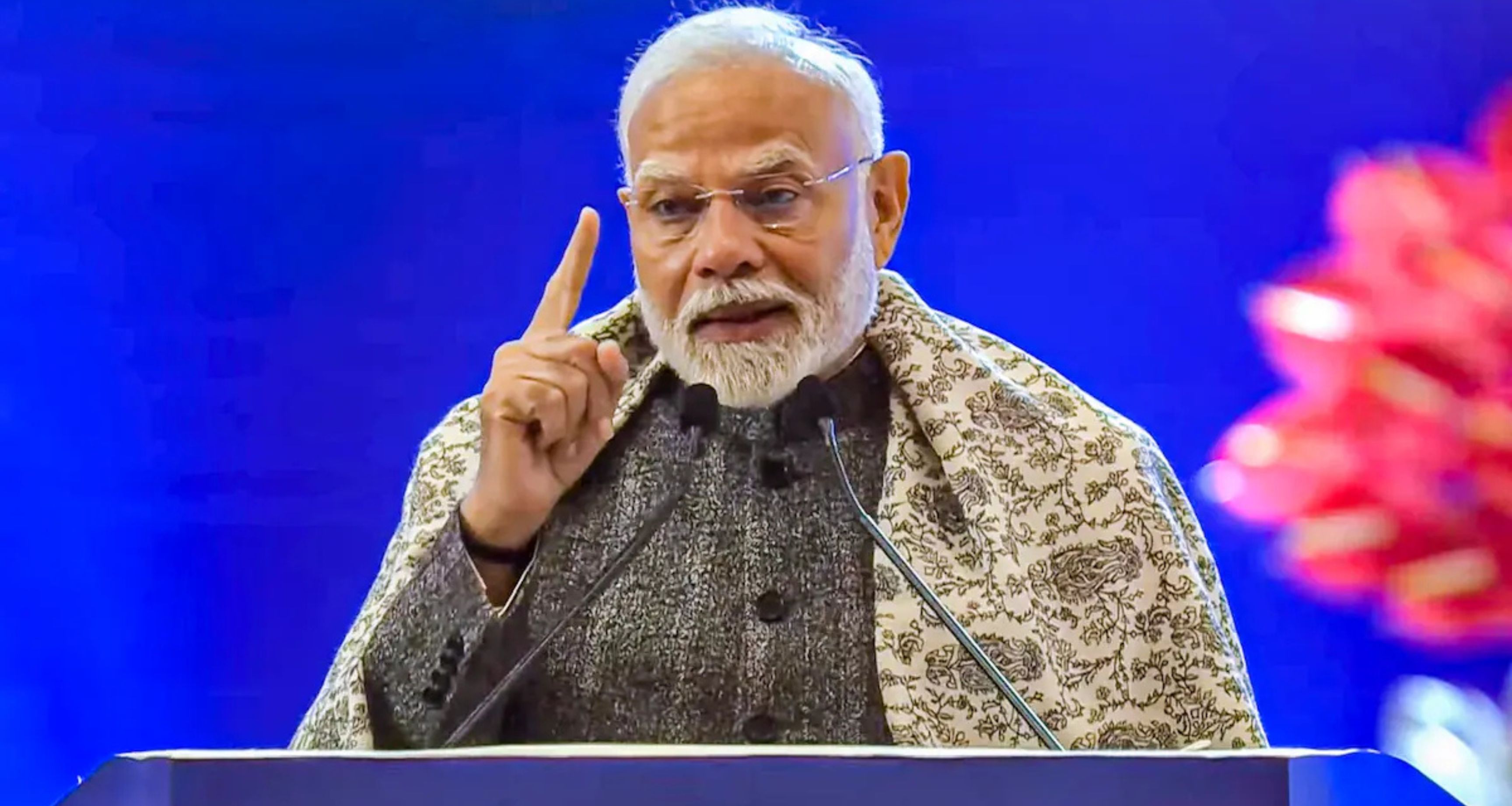
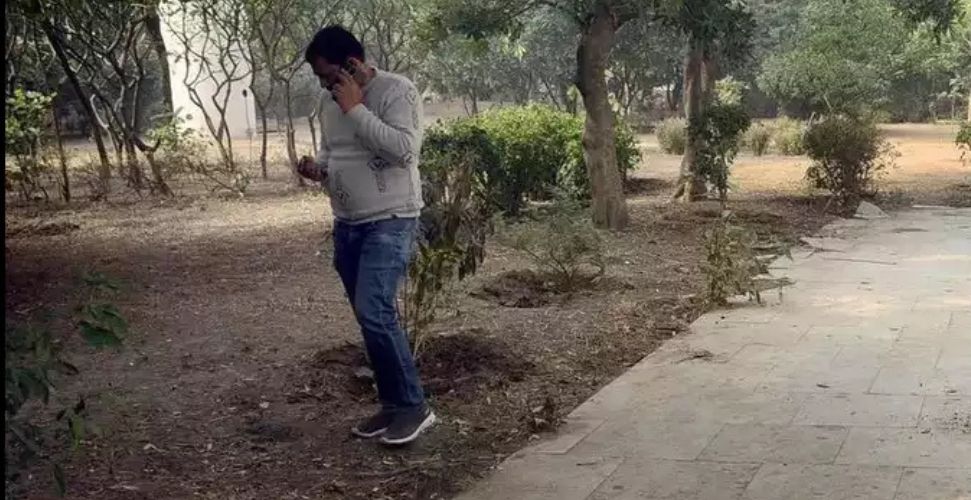

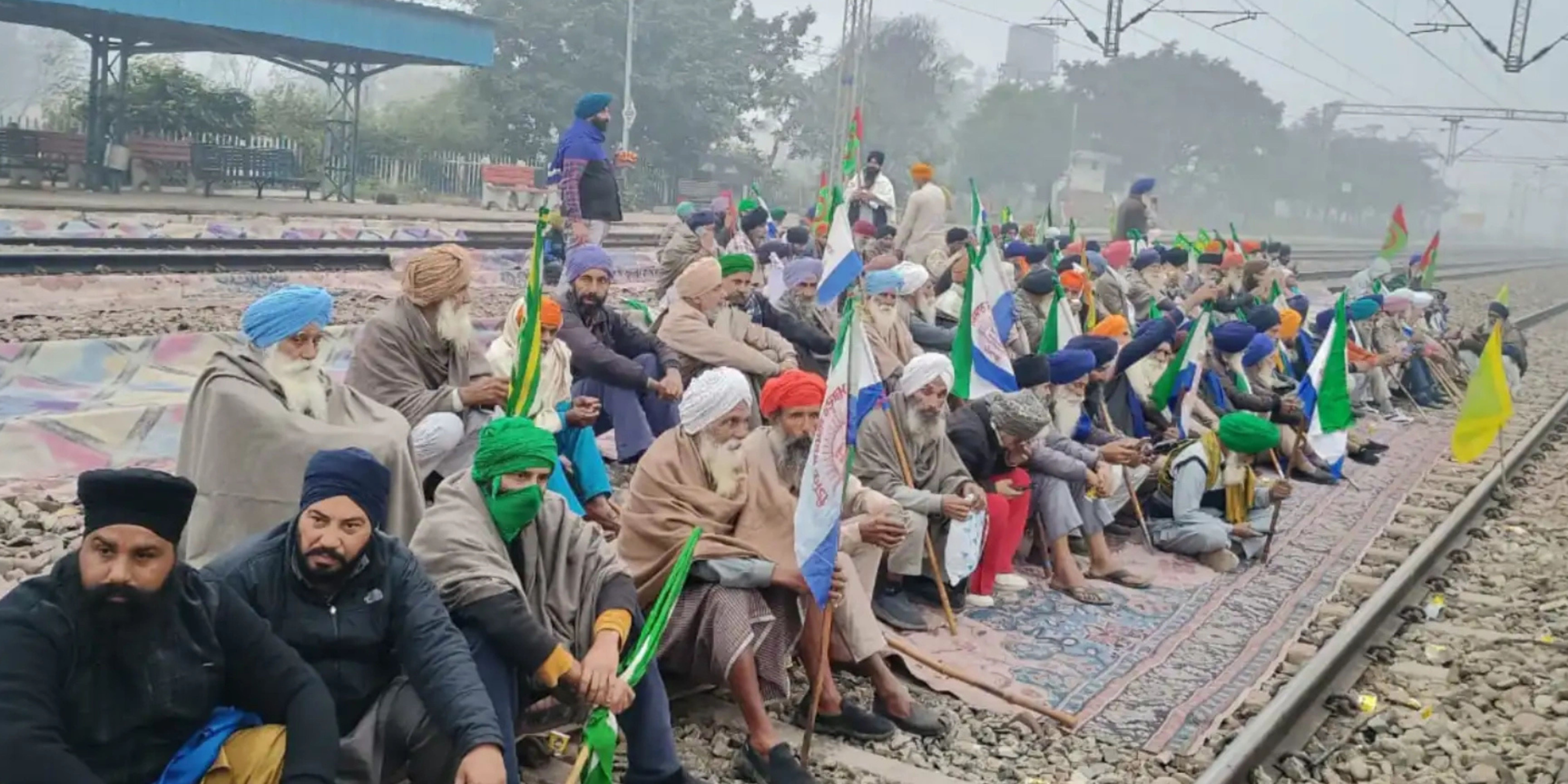
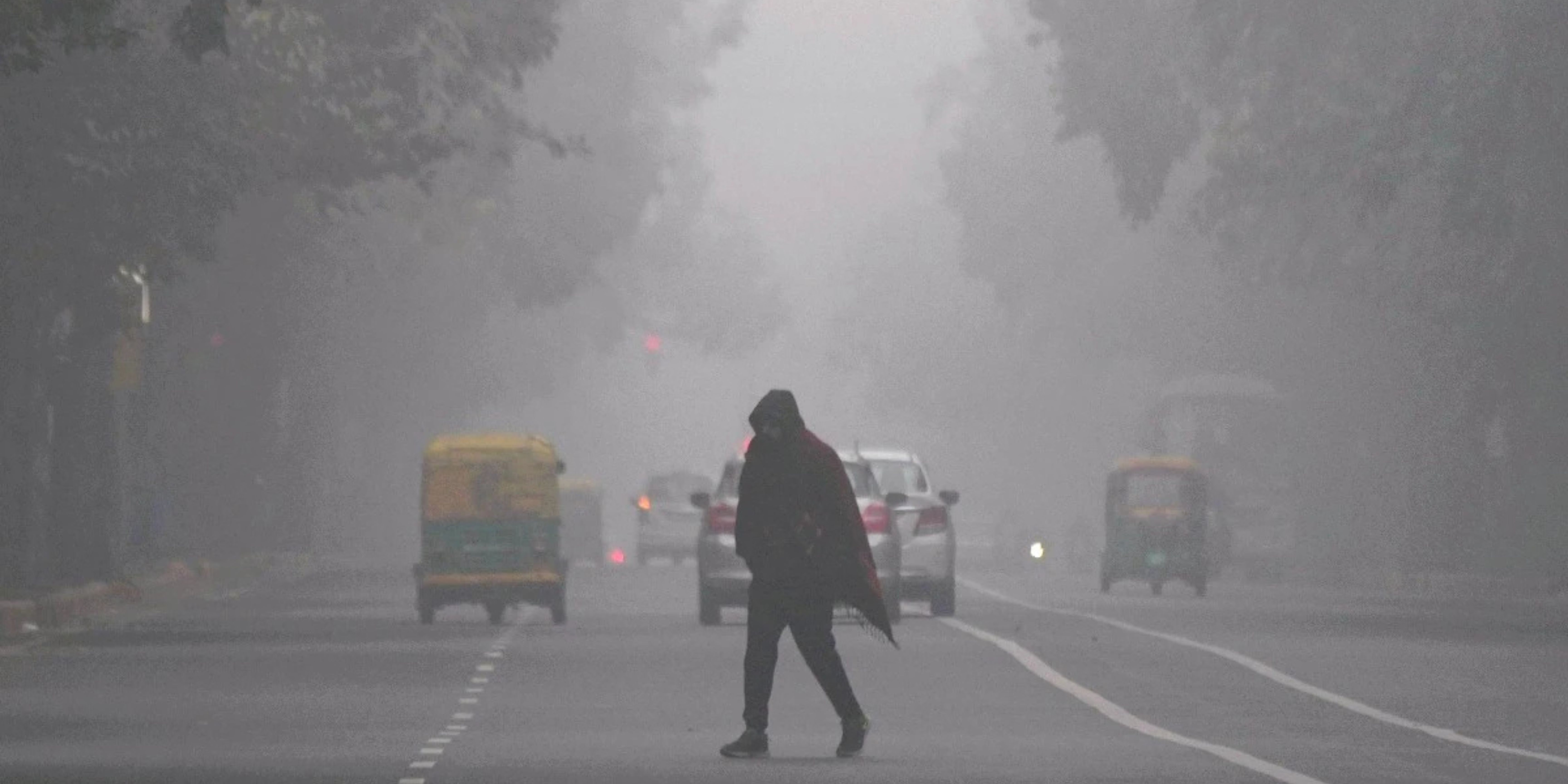

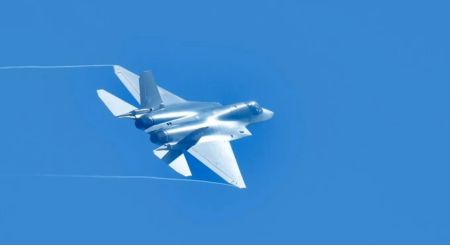
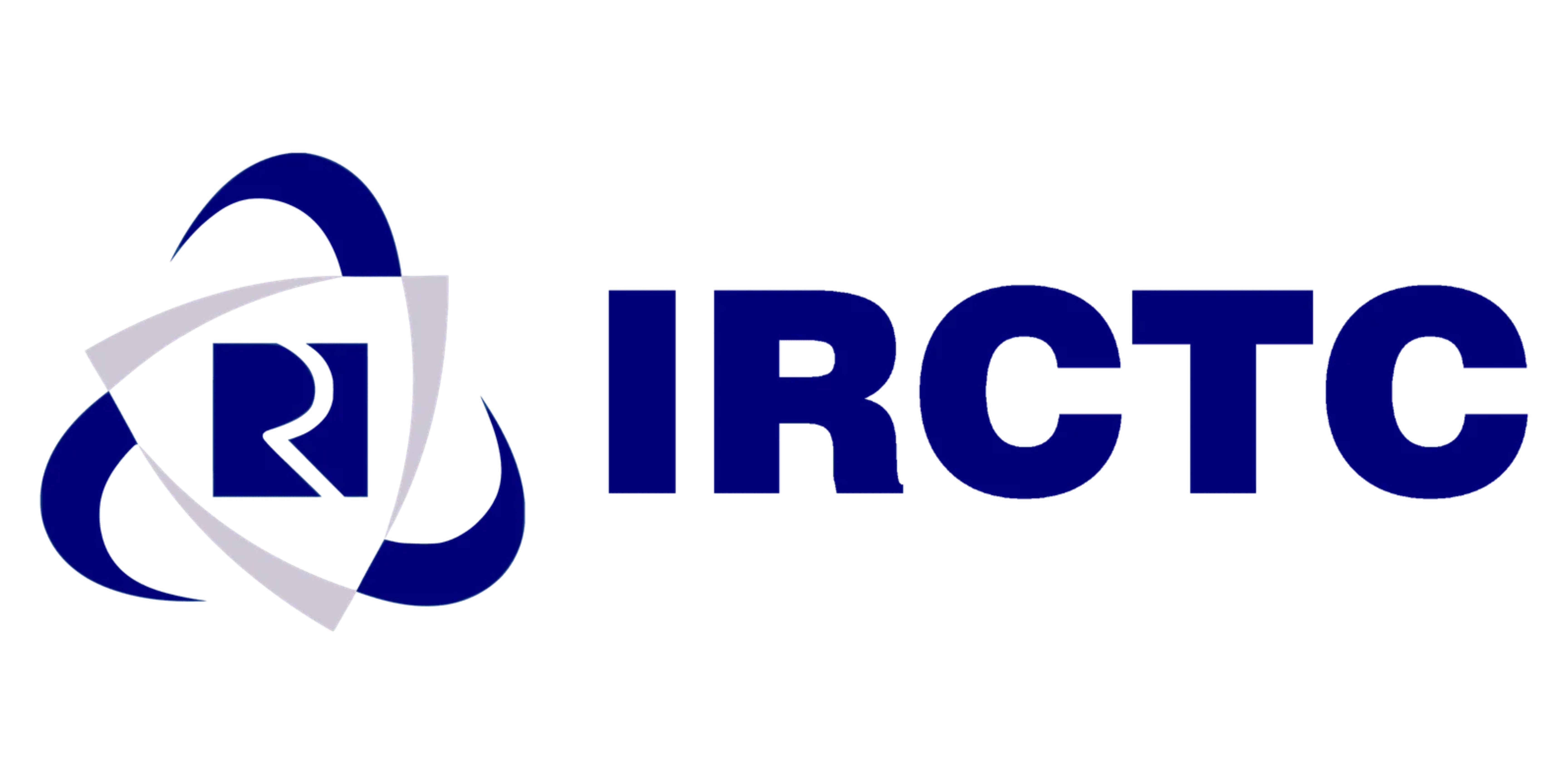

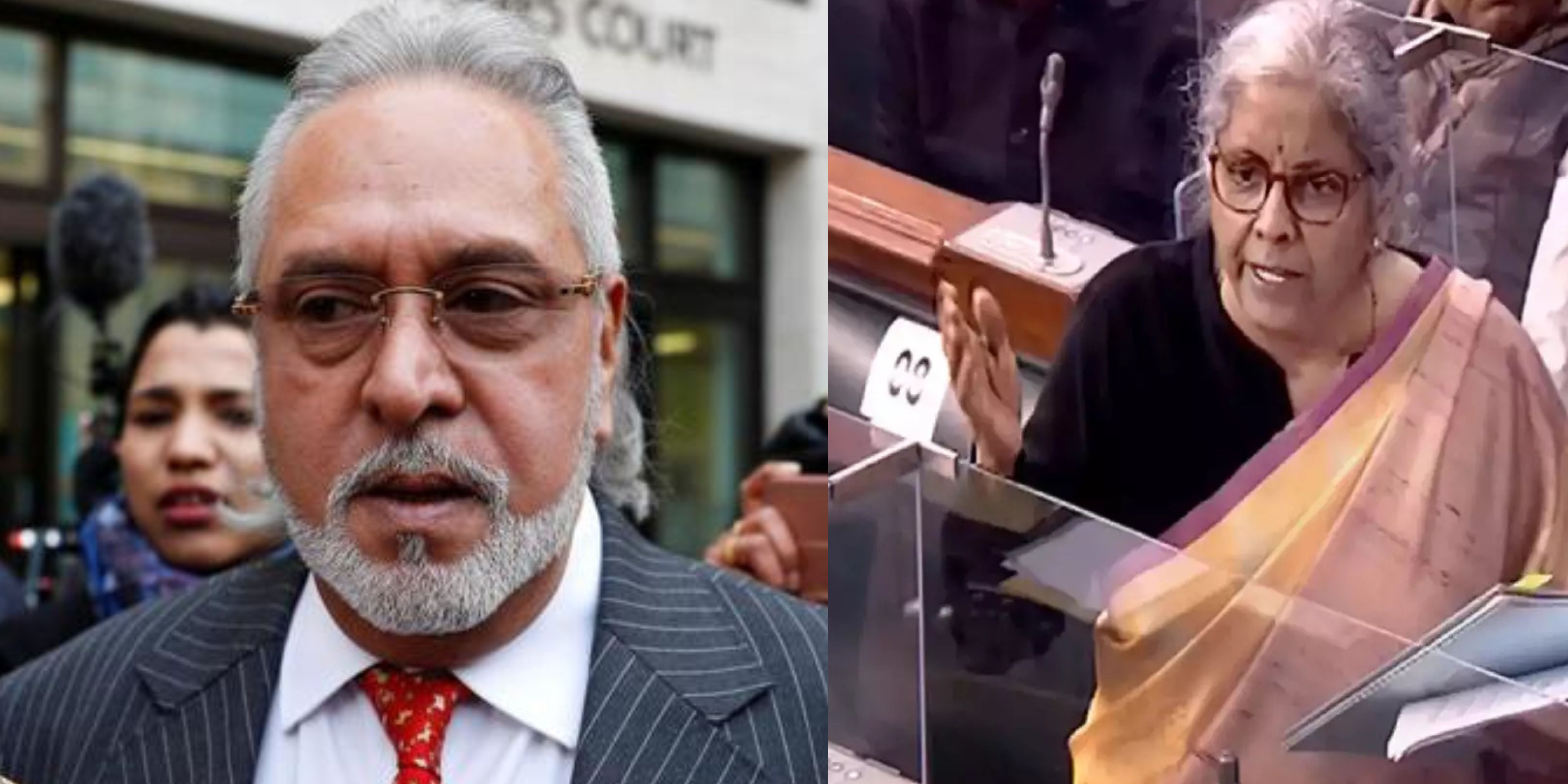

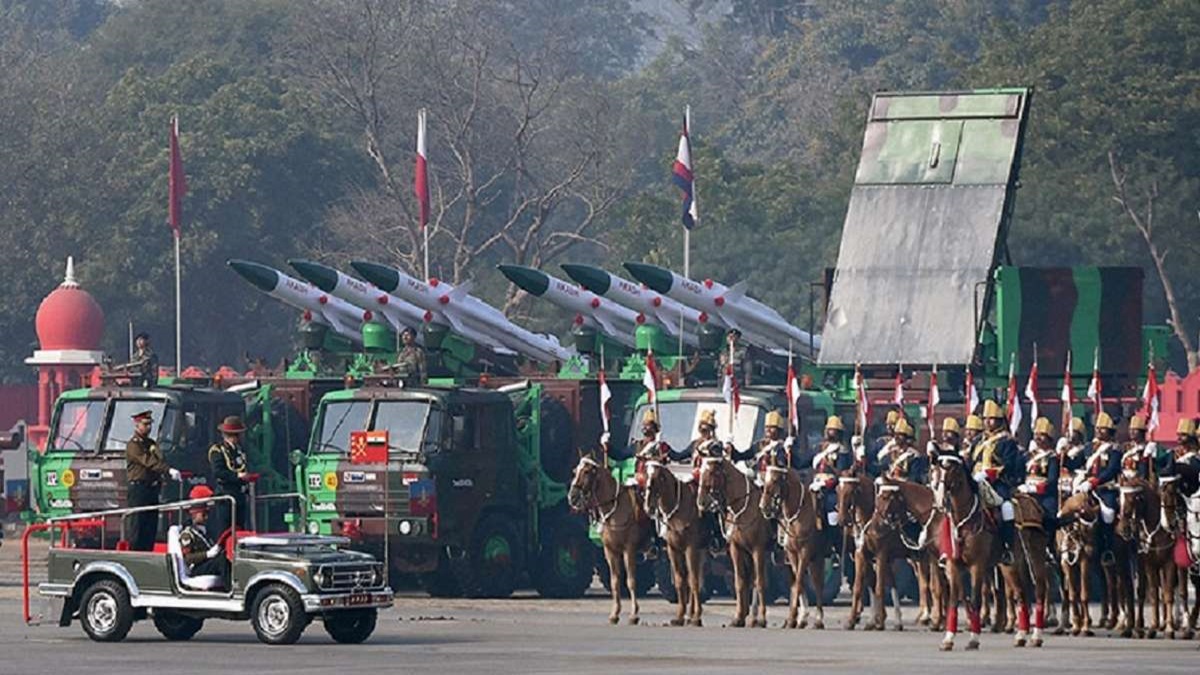

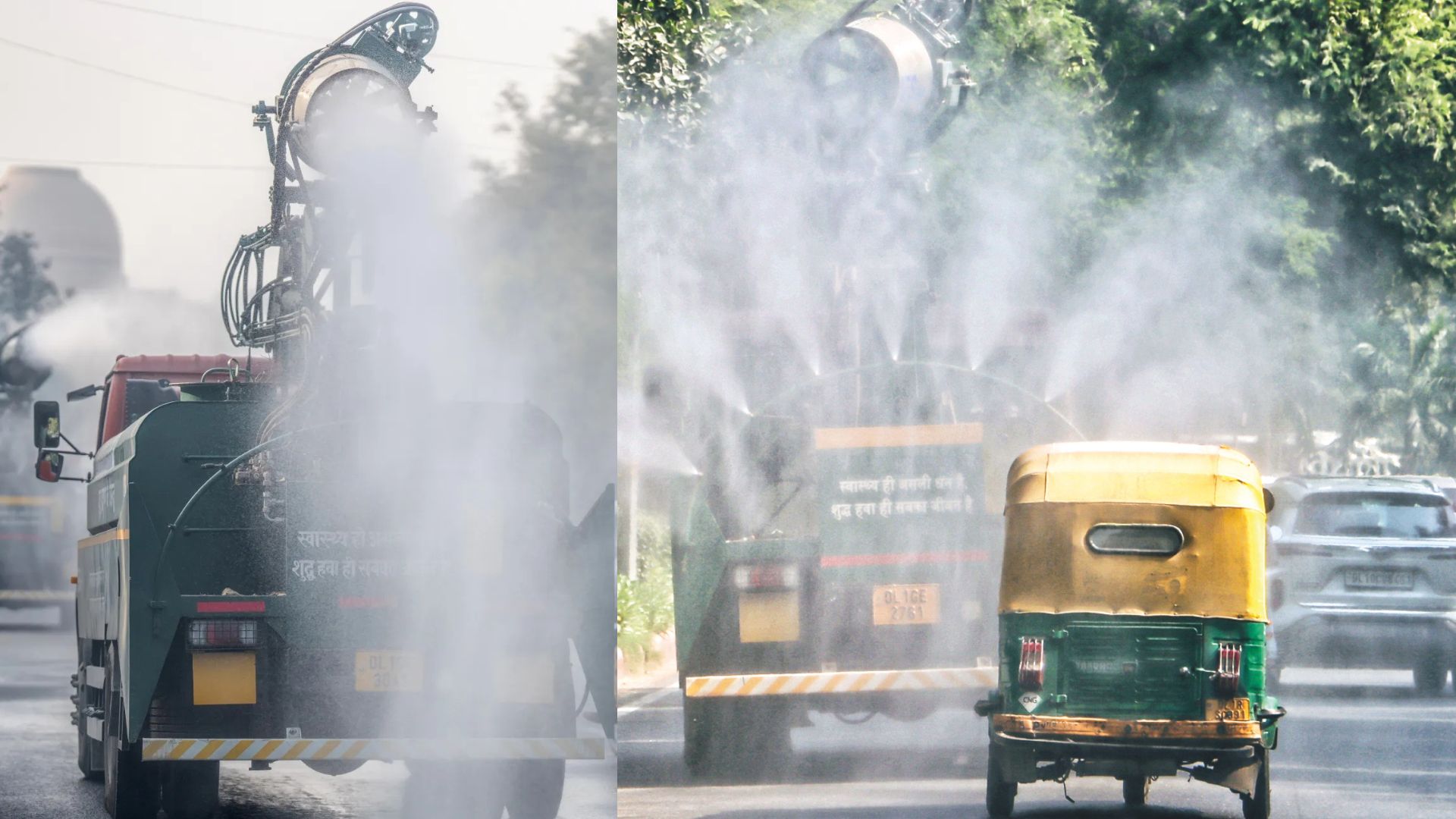
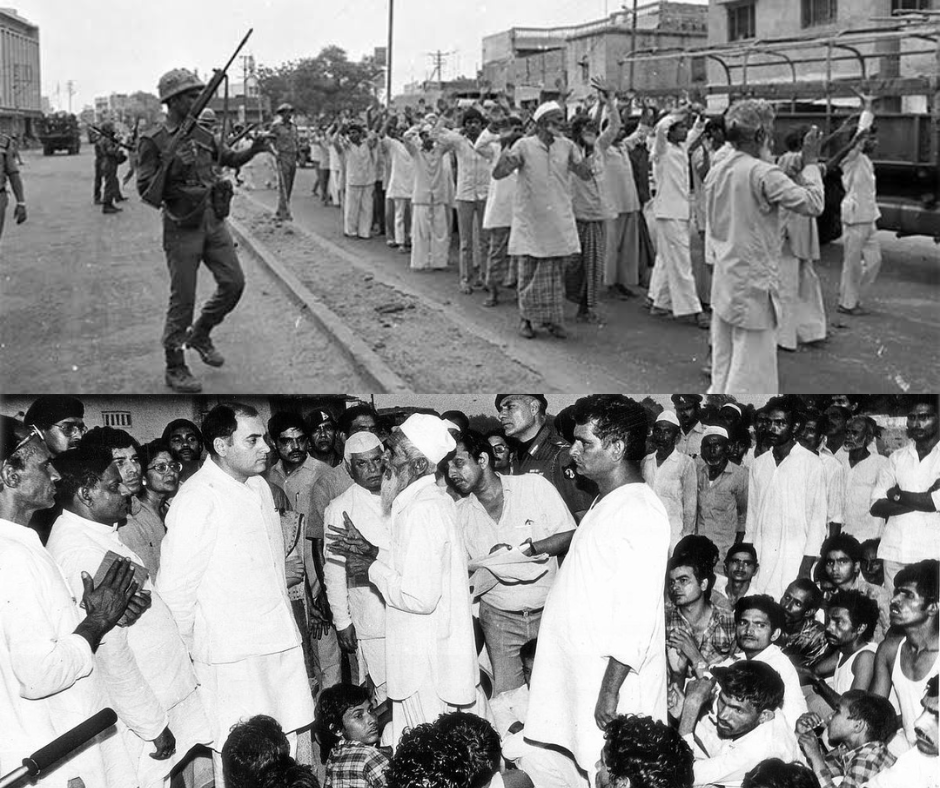
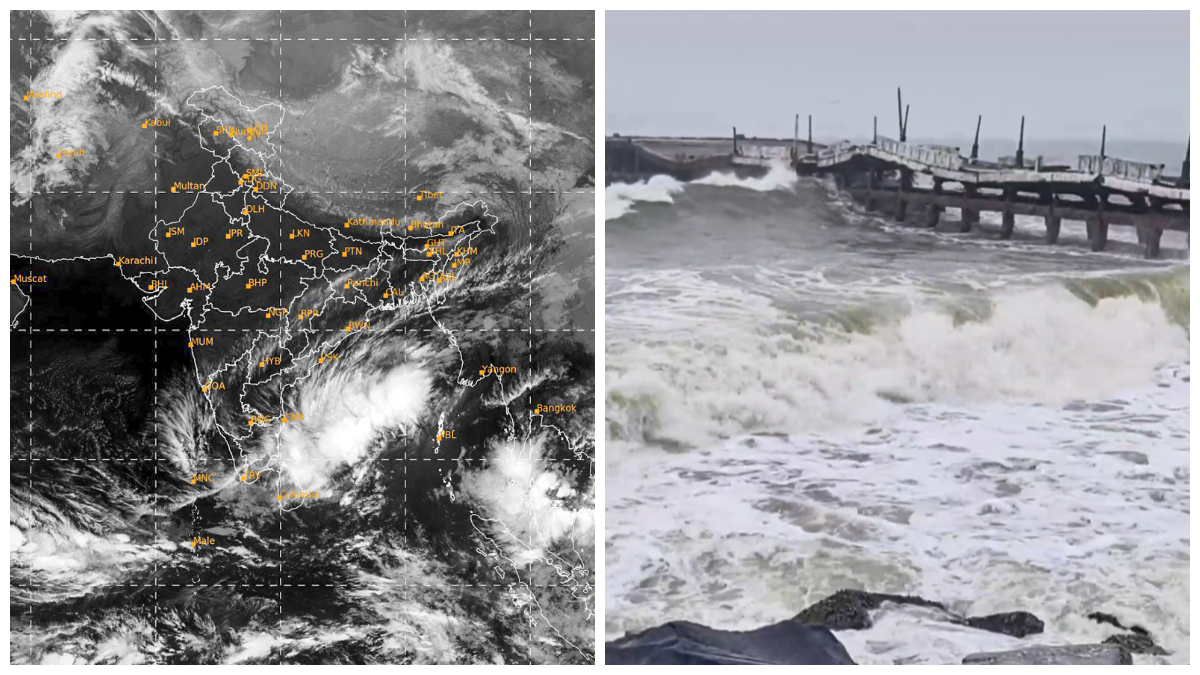



.jfif)
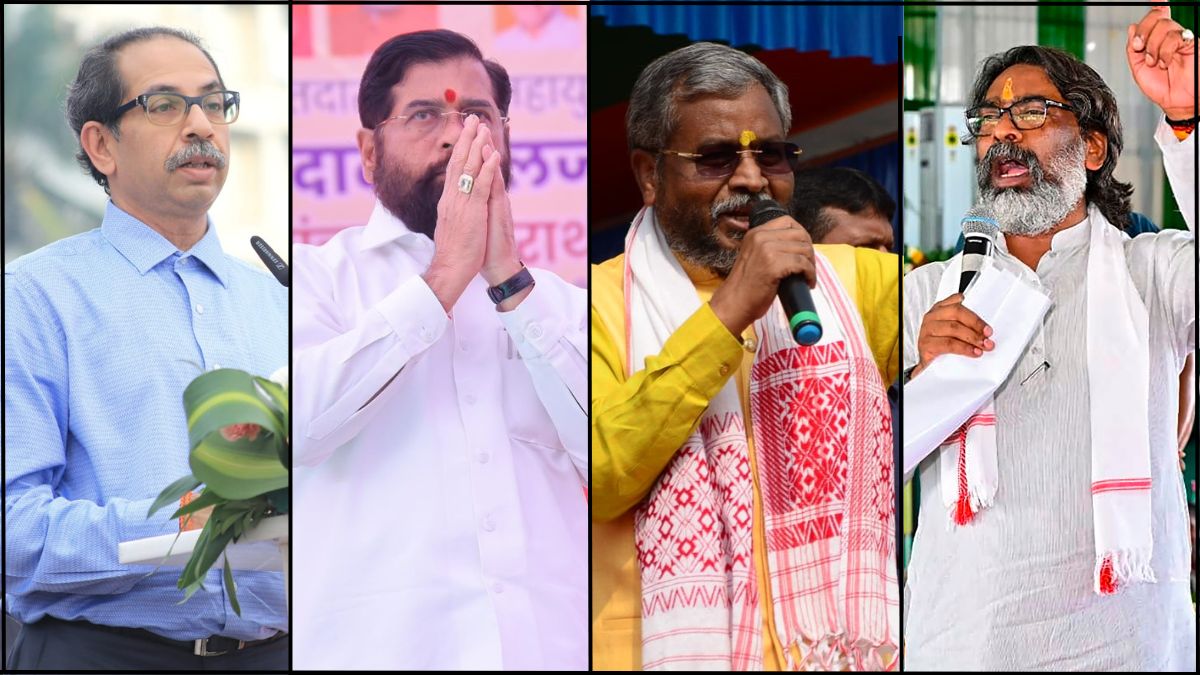


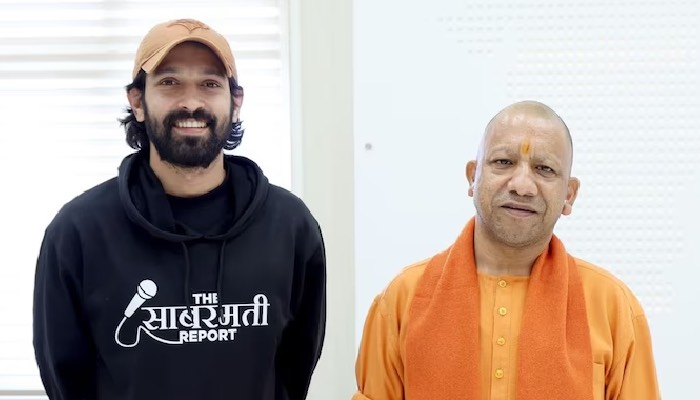
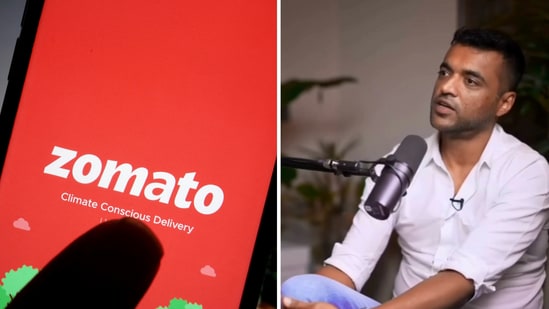
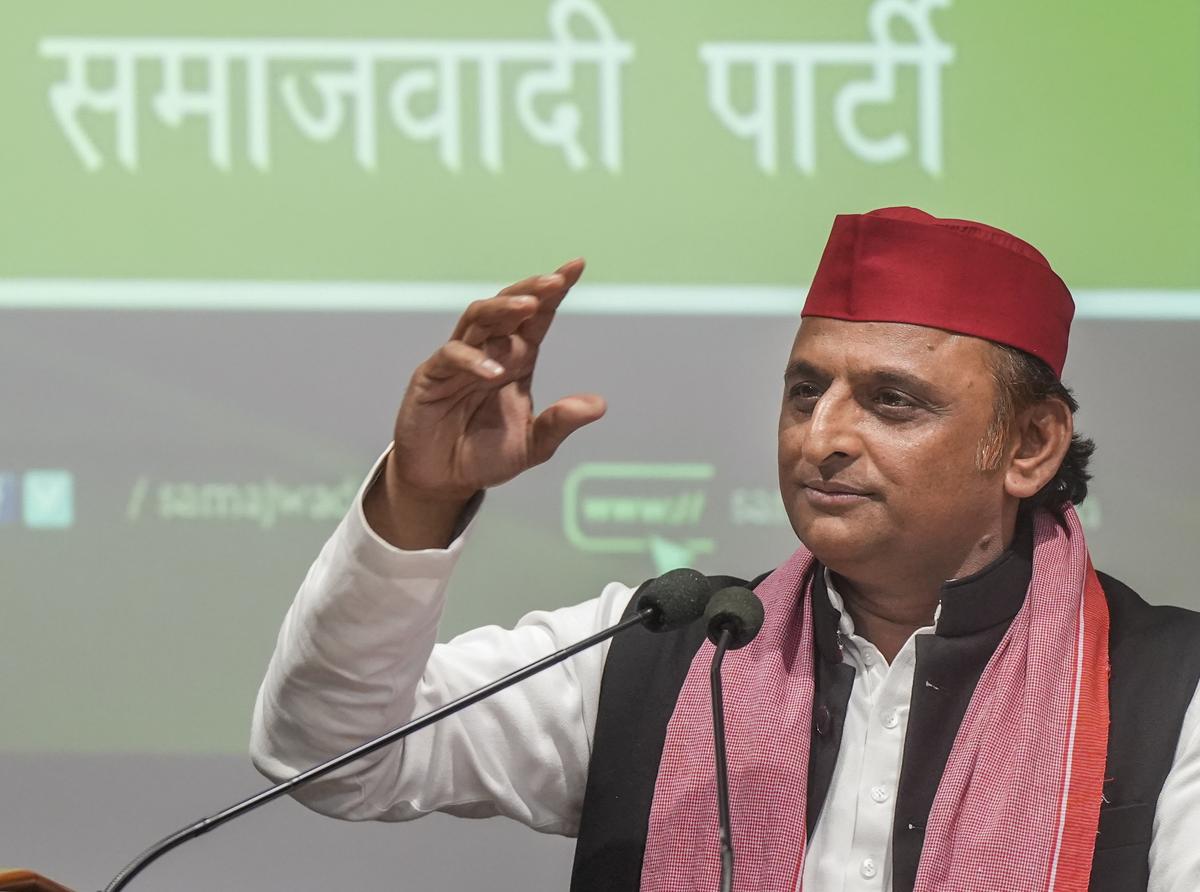

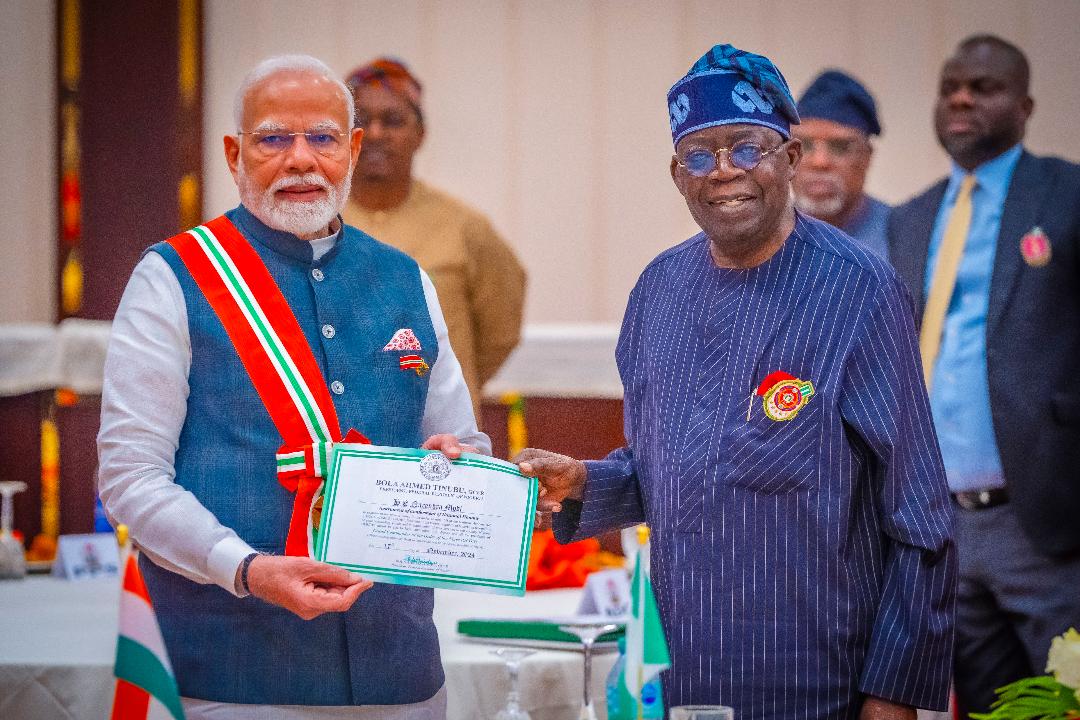

.jpg)



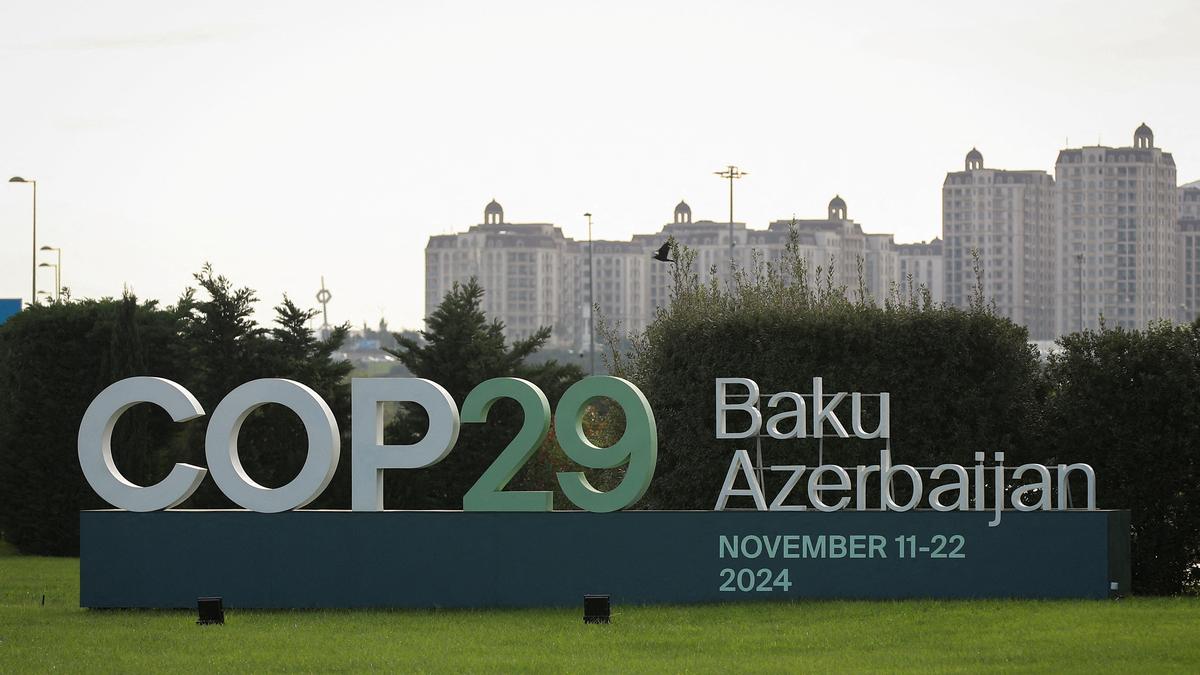

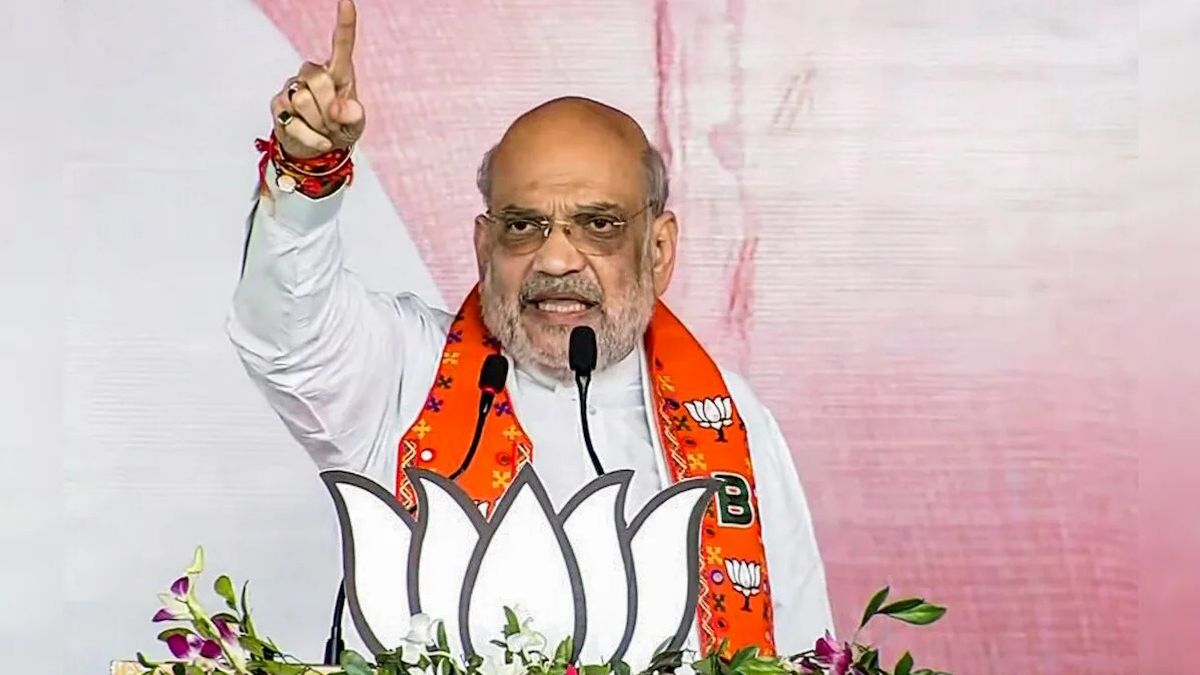
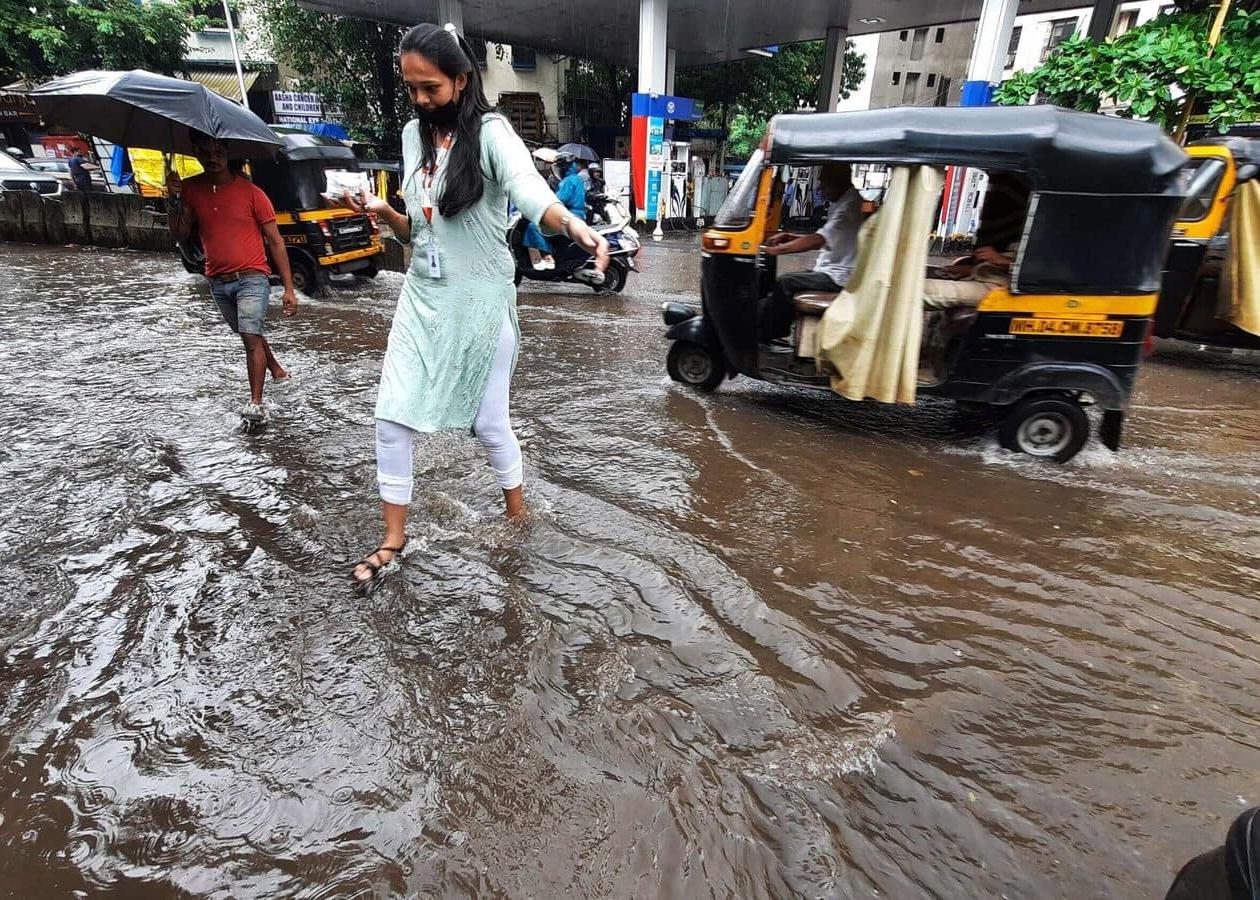
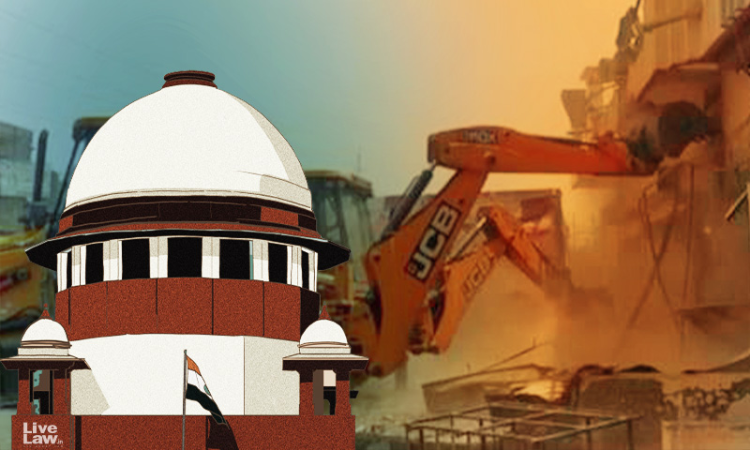


























































































.png)
 (1).png)























